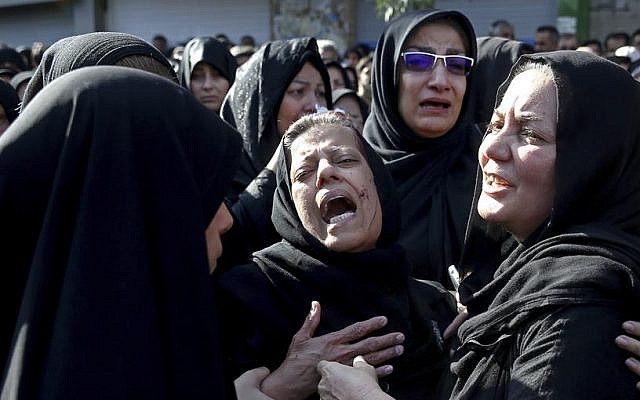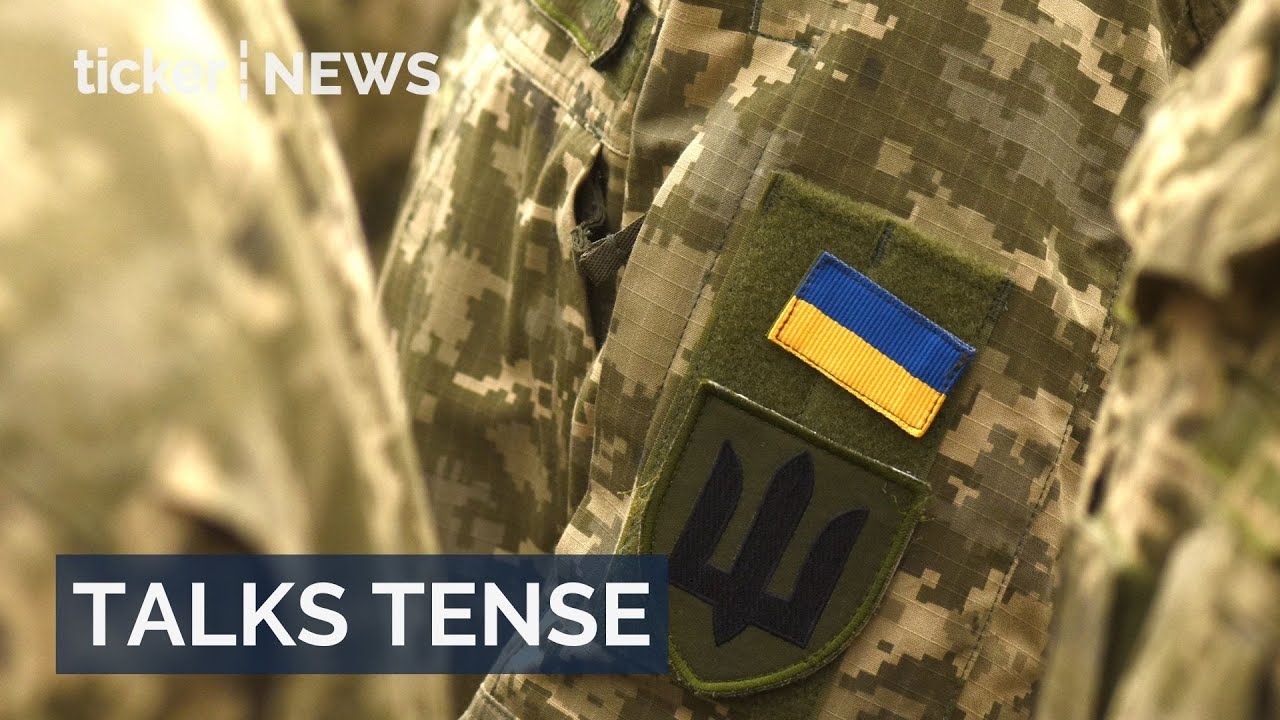As protests engulf Iran, the issues of brutality and human rights violations are being broadcast for the world to see
Protests are erupting across Iran, bringing into focus issues of brutality used against the Iranian people. In particular, the treatment of women in Iran and the inhumane methods that are implemented to ensure they obey strict conservative Islamic rules.
So what human rights violations are the people of Iran facing, and what drives change?
Legal Discrimination
Iranian women face legal discrimination in a number of areas. They are not allowed to hold certain jobs, they have restricted access to education, and they are not allowed to travel freely. Additionally, women in Iran are not allowed to marry or divorce without the permission of a male guardian.
Violence Against Women
Violence against women is also a serious problem in Iran. According to a report by the United Nations, nearly 60% of Iranian women have experienced physical or sexual violence at the hands of their husbands. Additionally, many women are forced into arranged marriages and are unable to leave abusive relationships due to financial dependence on their husbands.
Lack of Access to Healthcare
Iranian women also face significant barriers when it comes to accessing healthcare. Many rural women do not have access to basic health services, and women in urban areas often face discrimination from healthcare providers. Additionally, abortion is illegal in Iran except in cases where the life of the mother is at risk, which can lead to dangerous and often deadly situations for women who seek illegal abortions.
Forced Hijab
The hijab is compulsory for all women in Iran, and those who do not comply with the law can be fined or imprisoned. The forced wearing of the hijab has led to a number of protests by Iranian women, who argue that it violates their right to freedom of expression.
Acid Attacks
Acid attacks are another serious problem facing Iranian women. These attacks, which usually involve men throwing acid at women’s faces, are often motivated by revenge or jealousy. In many cases, the victims are left permanently disfigured and require extensive medical treatment
Lack of due process
One of the primary issues with Iran’s brutality is the lack of due process that is afforded to detainees and prisoners. In many cases, detainees are held for months or even years without being charged with a crime. They are often denied access to lawyers and are not allowed to see their families. This can lead to detainees being tortured or otherwise mistreated in an effort to extract confessions.
Use of torture
Another issue with Iran’s brutality is the widespread use of torture. Torture is often used to extract confessions from detainees, but it can also be used as a way to punish prisoners. Common methods of torture include electric shock, beatings, and waterboarding. Torture is often used in conjunction with other forms of mistreatment, such as solitary confinement and sensory deprivation.
Inhumane conditions
Inhumane conditions are another problem with Iran’s brutality. Prisoners are often held in cramped, unsanitary cells where they are denied access to basic necessities such as food, water, and medical care. This can lead to prisoners developing health problems, such as malnutrition, dehydration, and infectious diseases. Additionally, prisoners are often subjected to extreme temperatures, both hot and cold, which can further exacerbate these health problems.
Death in custody
Finally, one of the most serious issues with Iran’s brutality is the number of deaths that occur in custody each year. In many cases, these deaths occur as a result of the mistreatment that detainees and prisoners endure while in custody. However, there have also been cases where detainees and prisoners have been killed outright by their captors.




 News3 days ago
News3 days ago


 Tech5 days ago
Tech5 days ago


 Tech5 days ago
Tech5 days ago


 News5 days ago
News5 days ago


 Tech2 days ago
Tech2 days ago


 News23 hours ago
News23 hours ago


 Shows4 days ago
Shows4 days ago


 News2 days ago
News2 days ago





